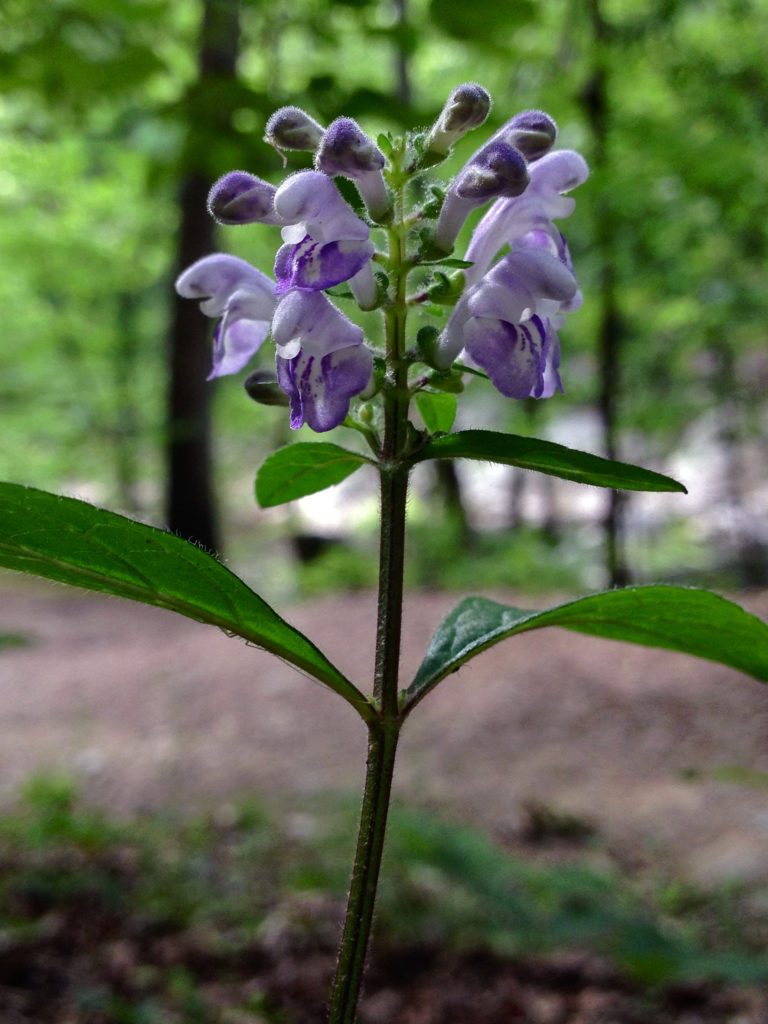Introduction:
Skullcap is a flowering plant long used in traditional medicine. Supplements may provide health benefits, including improved mood, reduced inflammation, and anticancer effects.
Skullcap (sometimes spelled is the common name for Scutellaria, a genus of flowering plants in the mint family. Various parts of skullcaps, such as their roots and leaves, have been used in traditional Chinese and Native American medicine to treat a variety of ailments, ranging from diarrhea to chronic pain.
Common uses:
The leaves of American skullcap have been used in traditional herbal medicine as a sedative and to treat conditions like anxiety and convulsions. The plant was prized by Native Americans for its powerful medicinal properties.
May boost mood and reduce anxiety
American skullcap has been shown to boost mood and reduce symptoms of anxiety.
Has antibacterial and antiviral effects
Studies indicate that it has powerful antiviral and antibacterial effects.
Contains anti-inflammatory and anticancer compounds
Both American and Chinese skullcap contain an array of beneficial plant compounds, including antioxidants, which have anti-inflammatory effects and protect your cells from damage caused by molecules called free radicals.
Skullcap has been linked to several other benefits, including:
- Anticonvulsant effects. Orally supplementing with American skullcap has been shown to have anticonvulsant effects in rodents
- Insomnia. Baicalin, a compound found in both American and Chinese skullcap, is used to treat insomnia in traditional medicine practices. However, research is lacking.
- Neurodegenerative disease. Some test-tube studies suggest that American skullcap may have neuroprotective properties, potentially safeguarding against diseases like Alzheimer’s and Parkinson’s.
- Heart health. In one animal study, baicalin injections significantly reduced damage associated with an induced heart attack.
Precautions:
- Chinese skullcap is associated with liver damage and even liver failure in some people.
- May cause side effects like irregular heartbeat, tics, anxiety, drowsiness, and mental confusion
- Not recommended in pregnant and lactating mothers.
Conclusion:
Skullcap is a flowering plant long used in traditional medicine. Supplementing with skullcap may provide several health benefits, such as improved mood, reduced inflammation, and anticancer effects. However, human research on skullcap is lacking, and this supplement may cause several adverse side effects. For this reason, it’s best to consult your healthcare practitioner before using it.
